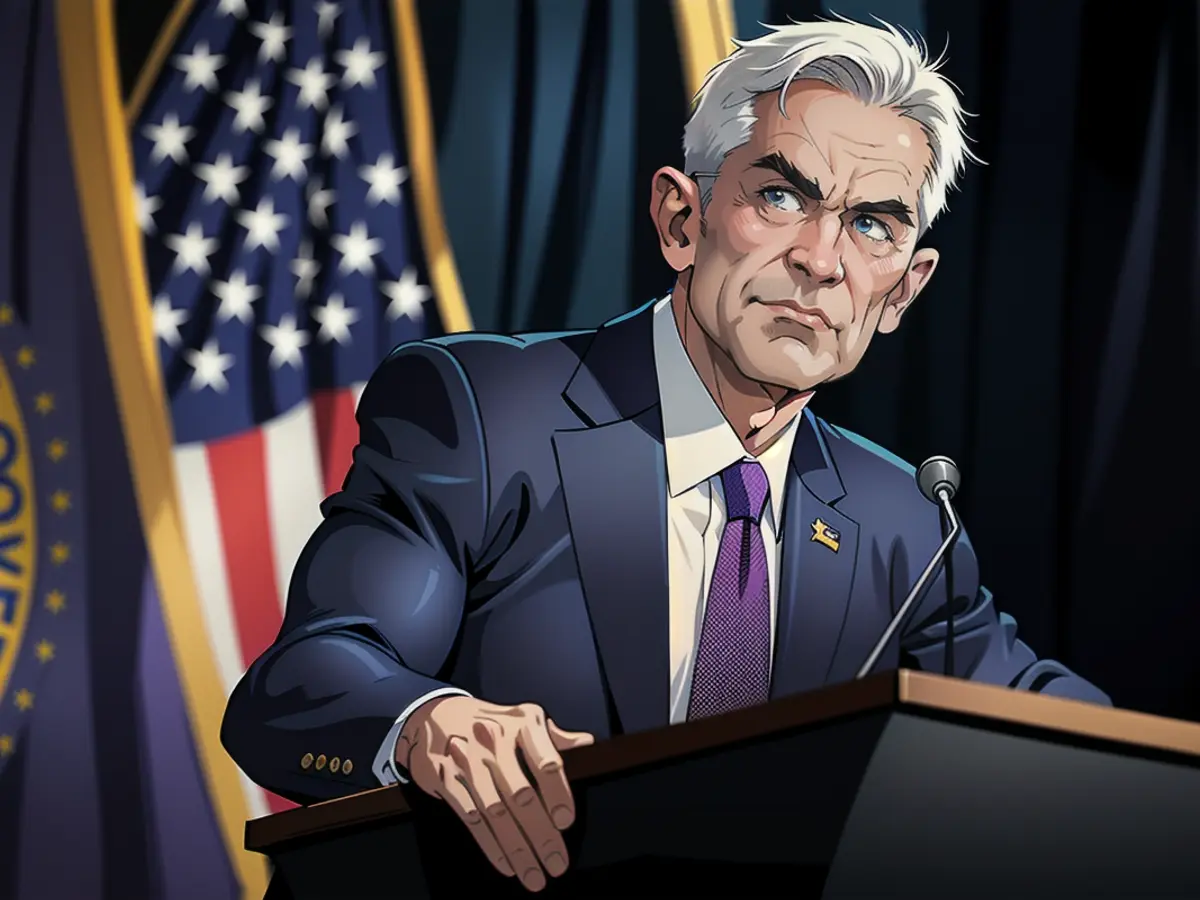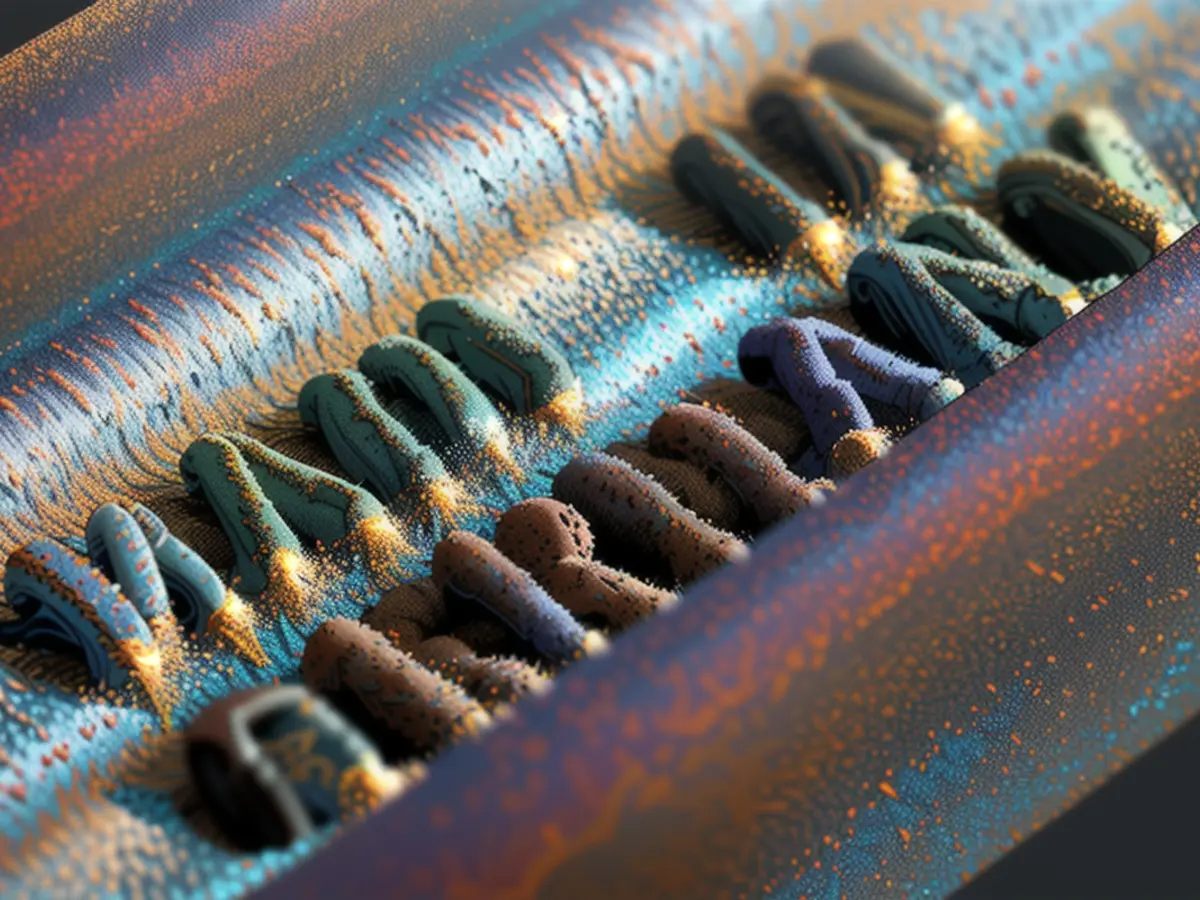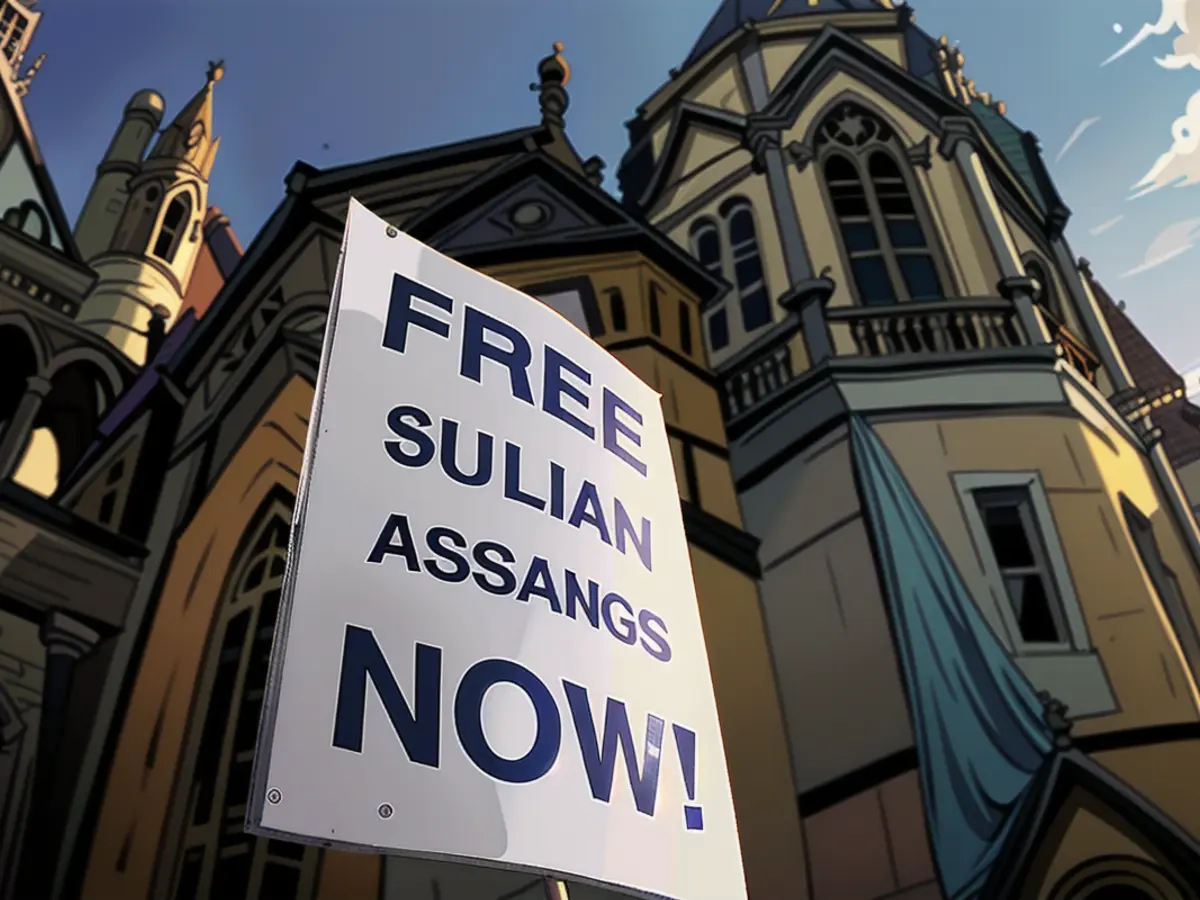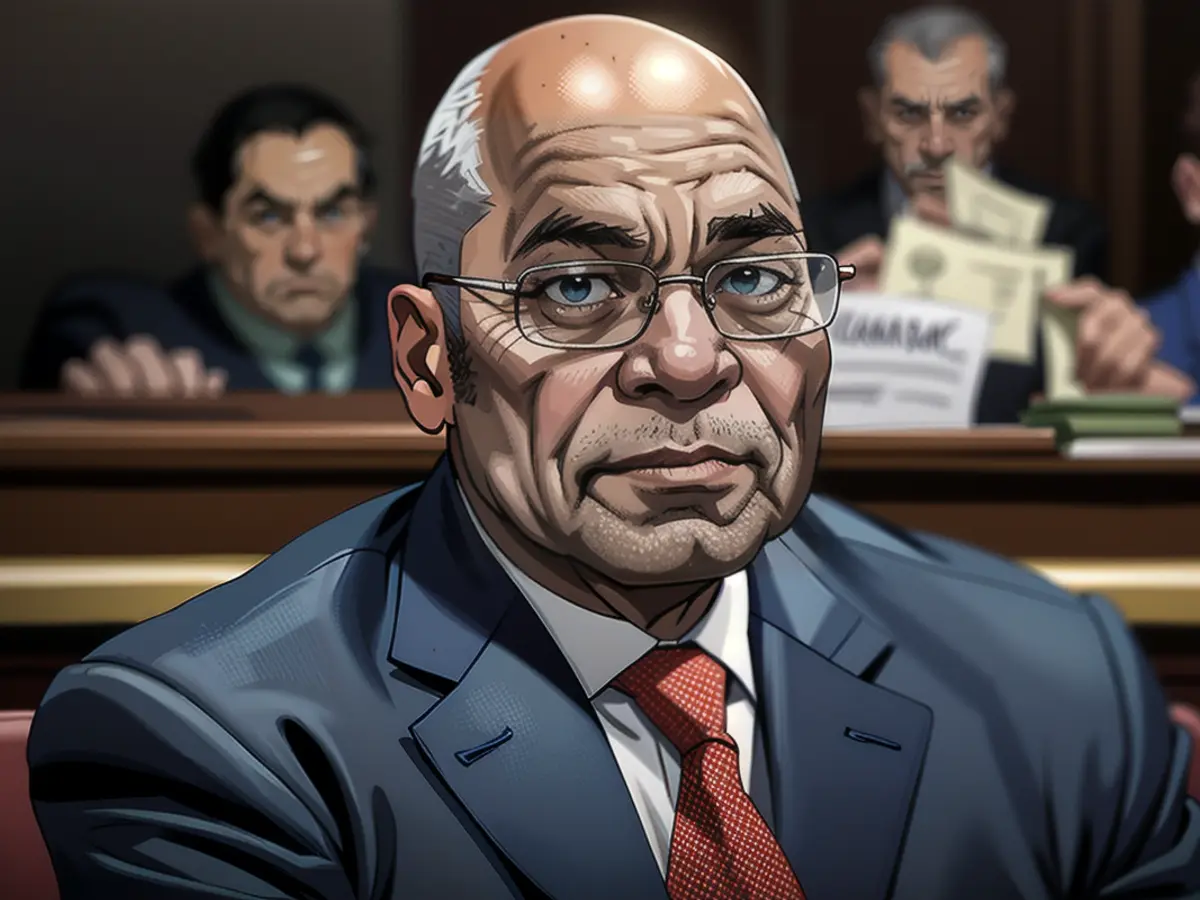Columbia University's protest camp concluded after a major police intervention. Check out how some institutions managed to dodge such incidents.
However, while the finishing point of Columbia's pro-Palestinian camps was marked by a takeover of a building, a mass arrest, and widespread criticism of the heavy police presence, camps were dismantled voluntarily at Brown and other institutions like Northwestern University.
Furthermore, public universities such as Rutgers University and the University of Minnesota also peacefully negotiated agreements with protesters.
Interestingly, not one of the schools agreed to fully divest from businesses involved in Israel, a concern shared by student protesters at many universities across the nation. Although there were individuals on both sides who criticized the arrangements at Brown and Northwestern, the deals successfully de-escalated a heated conflict that has exploded at other educational institutions.
A fine balance
College officials have the challenging task of fostering dialogue and promoting free expression while ensuring the safety and efficient operation of their campuses. Free speech experts interviewed by CNN highlighted the necessity of striking a fine balance between these objectives.
Certain institutions managed to achieve this equilibrium, avoiding situations where the police were required to disperse encampments, leading to violence and apprehension.
Rosenfeld, a history professor at the University of Pennsylvania who teaches a class on free speech, commented that Brown offered a conversation - not a concession - and this was sufficient to dissolve the encampments.
Lena Shapiro, director of the First Amendment clinic at the University of Illinois College of Law, emphasized the significance of safeguarding student safety during protests. Additionally, she recommended that establishments maintain open lines of communication with demonstrators to identify shared interests.
Numerous college presidents set the tone early on by taking a stance against the Hamas attack on Israel. For example, Northwestern President Michael Schill issued a statement expressing his shock at the Israeli assault on October 7 while asserting his personal perspective:
“Let me unabashedly state my personal views, as an individual in a democracy. We do not give up our right to have and express our personal political and social viewpoints. We simply need to make it clear we are speaking for ourselves.”
What the schools agreed to do
On Monday, Northwestern announced a deal with protesters to stop the encampment. The university promised more openness regarding specific investment holdings and underwriting the cost of attendance for five Palestinian students.
In addition, Northwestern allowed protesters to use Deering Meadow, a stretch of lawn on campus, until the end of the quarter if there was only one tent.
Rutgers agreed to engage with student protesters regarding divestment and support scholarships for at least 10 displaced Gazan students. Rutgers also vowed to expand spaces for Arab and Muslim students on campus. The university also expressed a willingness to deepen its connection with Birzeit University in the West Bank and consider a student exchange or study abroad program.
The University of Minnesota stated it would allow the protesters to present a case for divestment to its board. It also expressed a desire to build a relationship with a Palestinian university and commit to disclosing as much information about its holdings as possible. Furthermore, the university promised not to take disciplinary action against protesters affiliated with the school.
Brown's board pledged to vote on divestment in the fall. Brown reassured that no student or faculty member participating in the protests would suffer retaliation, although disciplinary action would be pursued if reports of bias, harassment, or discrimination were substantiated. Rutgers made a similar pledge.
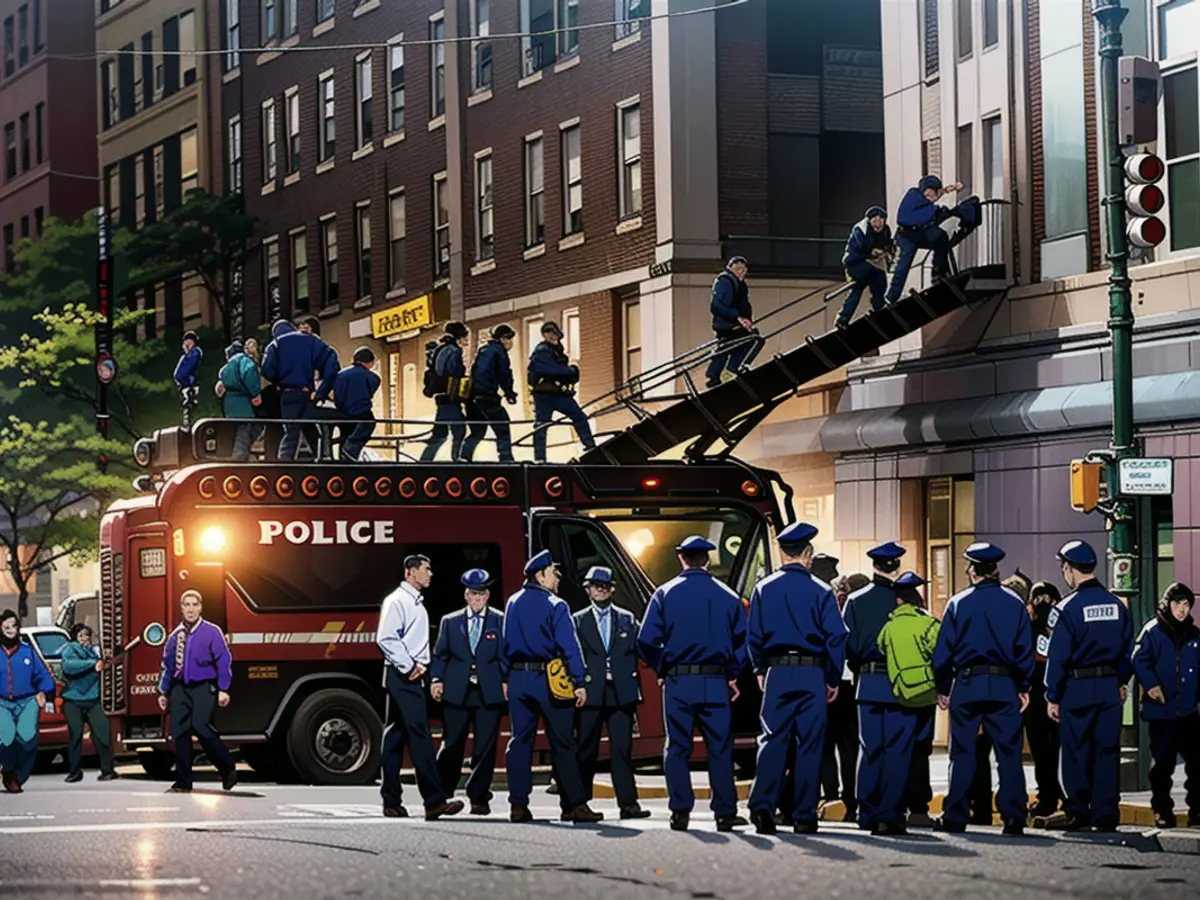
The situation at Brown University
Since November, Brown University has not maintained a police-free campus. Twenty arrests took place in November and 41 in December due to sit-ins at University Hall that urged divestment from companies associated with Israel.
Dahlkamp, an editor at the Brown Daily Herald, asserted that students were uneasy with the police presence on campus and irate at the arrests. However, Brown's strategy differed as encampments surfaced at various universities. On the primary lawn, which serves as a more public space than the interior of a hall, the university reiterated that while the encampments were not illegal, they could breach student conduct policies.
Brown President Christina Paxson released a statement announcing an agreement in which five students would debate their arguments for divestment with five members of the Brown University Corporation in May. In response to the ongoing calls for divestment, which have been ongoing for the past ten years, Dahlkamp acknowledged that students were disturbed by the arrests and police presence on campus. Many are still advocating for the charges against those arrested in December to be dismissed. Brown has dropped the charges for the November arrests.
A number of individuals on social media contended that Brown University only agreed to postpone a divestment decision. On the contrary, Dahlkamp stated that the students he interacted with expressed contentment with the arrangement. They perceived it as a balanced agreement that did not elicit any negative emotions. Dahlkamp noted that there were those who felt Brown effectively managed the situation without giving up much. He wonders if the divestment proposal will be successful.
According to Dahlkamp, he reached out to CNN from the main lawn, where the protest camp used to be positioned. Here, students could be seen lazing around, studying, and reading as the academic year approaches its end.
Observing the events at Columbia University, UCLA, and the University of Texas at Austin, Dahlkamp opined that the resolution was a significant step forward.
"This isn't the complete victory, but still a victory," he stated.
A pathway to future developments
The accords do not guarantee a smooth path ahead. For instance, the Midwestern branch of the Anti-Defamation League demanded the removal of Northwestern President Michael Schill, claiming he "gave in to hatred and bigotry." Additionally, Rep. Elise Stefanik, a New York representative who's led congressional inquiries on anti-Semitism, branded Northwestern students who protested as "self-proclaimed terrorists" on a social media platform like X (previously known as Twitter).
Those leveling criticism at Northwestern on social media claimed that the students who negotiated the agreement didn't push for severe enough divestment commitments from the school.
Meanwhile, it might be challenging for educational institutions to keep up with the fast-paced developments, according to Lena Shapiro of the University of Illinois College of Law.
President Michael S. Roth of Wesleyan University stated on Tuesday that the encampments could continue as long as the protests remained peaceful and didn't interfere with campus operations. In a Thursday letter, however, he indicated that the university would not tolerate the vandalism witnessed and would penalize those responsible for the damage. He again acknowledged that the protesters were "bringing attention to the killing of innocent people."
"We don't desire to resort to these measures unless compelled to do so and we'd rather focus on speaking with protesters about steps our institution can take to tackle the situation in Gaza," Roth wrote.
Roth mentioned that both Brown University and Northwestern University's recent agreements might serve as models for addressing the conflict in Gaza.
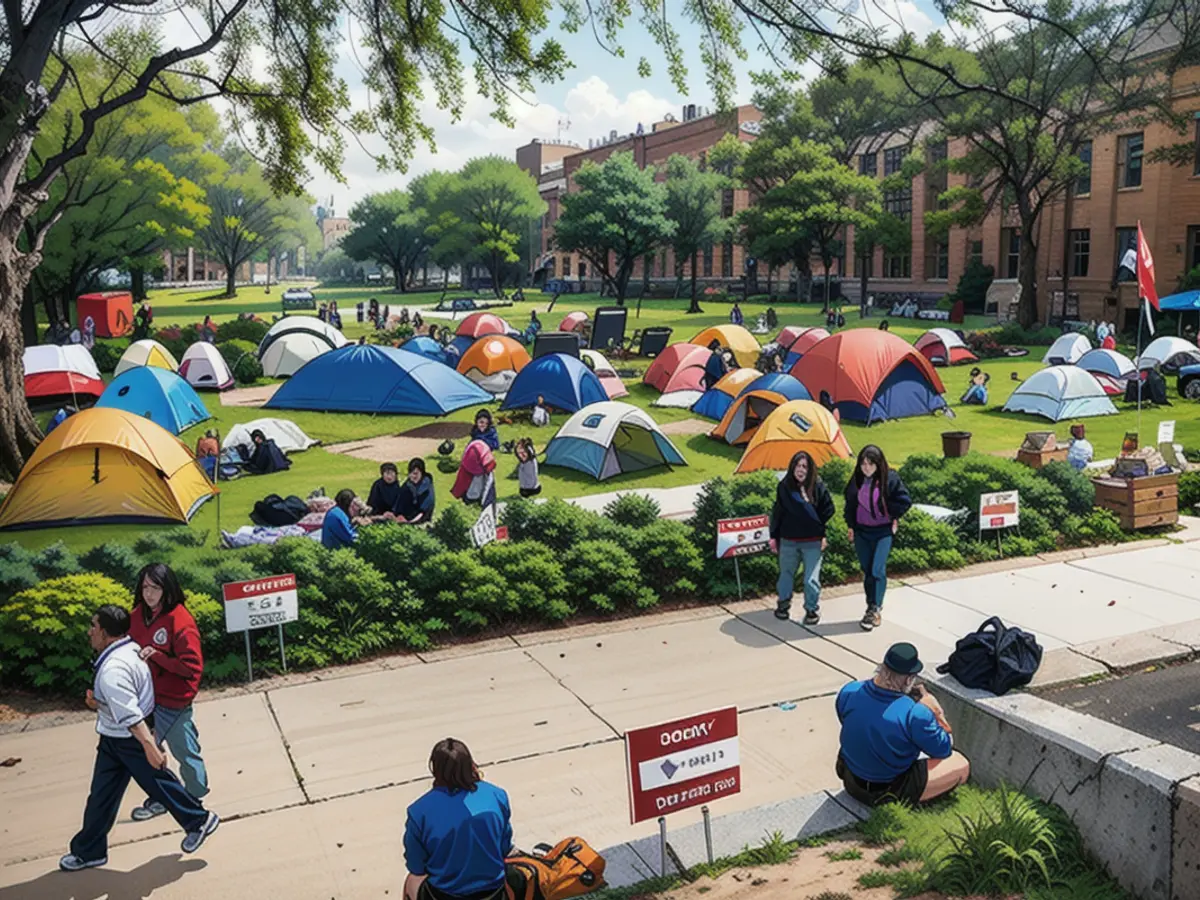
Read also:
- Lack of snow also opens up new opportunities for winter tourism
- Abrupt end to e-car subsidies
- The chemical industry has little confidence
- Intersport boss hopes for sales boom through sporting events
Source: edition.cnn.com


